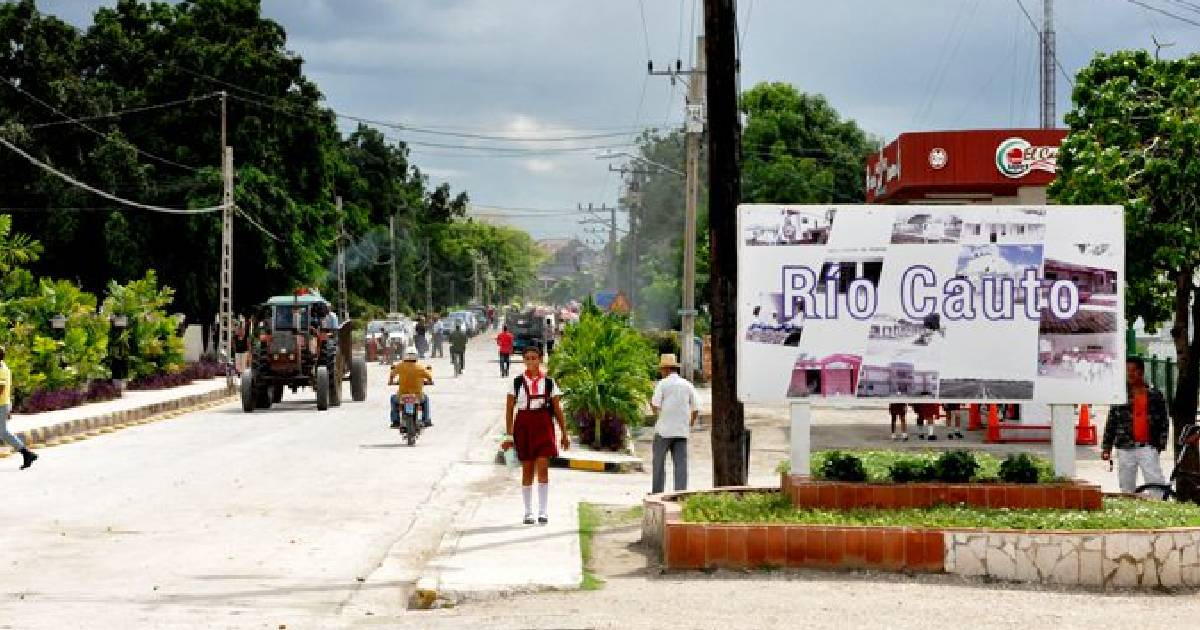The new control measures imposed by the Cuban regime on the private sector will begin to be implemented in 16 out of the 168 municipalities in the country, chosen by the government. In a statement from the Ministry of Finance and Prices, it was announced that the trial period will last 180 days, after which other territories will be included.
According to the notice, the process must be "gradual" as time is needed to create the "conditions" in the remaining municipalities. The selected ones are: Consolación del Sur, Pinar del Río; Cotorro, Havana; Artemisa, Artemisa, San José de las Lajas, Mayabeque; Cárdenas, Matanzas; Cienfuegos, Cienfuegos; Camajuaní, Villa Clara; Trinidad, Sancti Spíritus; Ciego de Ávila, Ciego de Ávila; Sibanicú, Camagüey; Las Tunas, Las Tunas; Moa, Holguín; Río Cauto, Granma; Tercer Frente, Santiago de Cuba; Guantánamo, Guantánamo; and the Special Municipality of Isla de la Juventud.
The new regulations announced by the Cuban regime for the private sector since July will take effect in September and involve significant changes for the island's entrepreneurs. With Decree-Law 90, which will come into force on September 19, guidelines are set for the development of Self-Employment (TCP) in Cuba. This document states that Micro, Small, and Medium Enterprises (MSMEs) can be "state-owned, private, mixed, or owned by political, mass, and social organizations."
Small and medium-sized business owners in the island will need to request authorization from the Municipal Assemblies to open their businesses. The government clarifies that this will happen "as long as they align with municipal development strategies, address other municipal needs, or respond to the country's economic priorities."
Concerns about increased bureaucracy and corruption have been raised by experts in the field. "At first glance, these new laws represent another significant setback for the Cuban economy," Ric Herrero, executive director of the Cuba Study Group, told El Nuevo Herald.
Meanwhile, Marcelo Rodríguez Pita, an entrepreneurship advisor, told Martí Noticias that "the approval of MSME applications is left in the hands of local governments, of the municipal administrative councils, where we know there are high levels of corruption and few chances of success."
The Cuban government also stipulated the creation of a National Institute of Non-State Economic Actors, an entity subordinate to the Council of Ministers.
Questions about New Private Business Regulations in Cuba
To provide a clearer understanding of the recent changes in private business regulations in Cuba, here are some frequently asked questions and their answers.
What are the new control measures for the private sector in Cuba?
The new control measures include the implementation of Decree-Law 90, which sets guidelines for Self-Employment (TCP) and states that MSMEs can be state-owned, private, mixed, or owned by political and social organizations.
How long will the trial period for these new measures last?
The trial period for these new measures will last 180 days, after which other municipalities will be included gradually.
Which municipalities have been selected for the trial period?
The selected municipalities are Consolación del Sur, Pinar del Río; Cotorro, Havana; Artemisa, Artemisa; San José de las Lajas, Mayabeque; Cárdenas, Matanzas; Cienfuegos, Cienfuegos; Camajuaní, Villa Clara; Trinidad, Sancti Spíritus; Ciego de Ávila, Ciego de Ávila; Sibanicú, Camagüey; Las Tunas, Las Tunas; Moa, Holguín; Río Cauto, Granma; Tercer Frente, Santiago de Cuba; Guantánamo, Guantánamo; and the Special Municipality of Isla de la Juventud.
